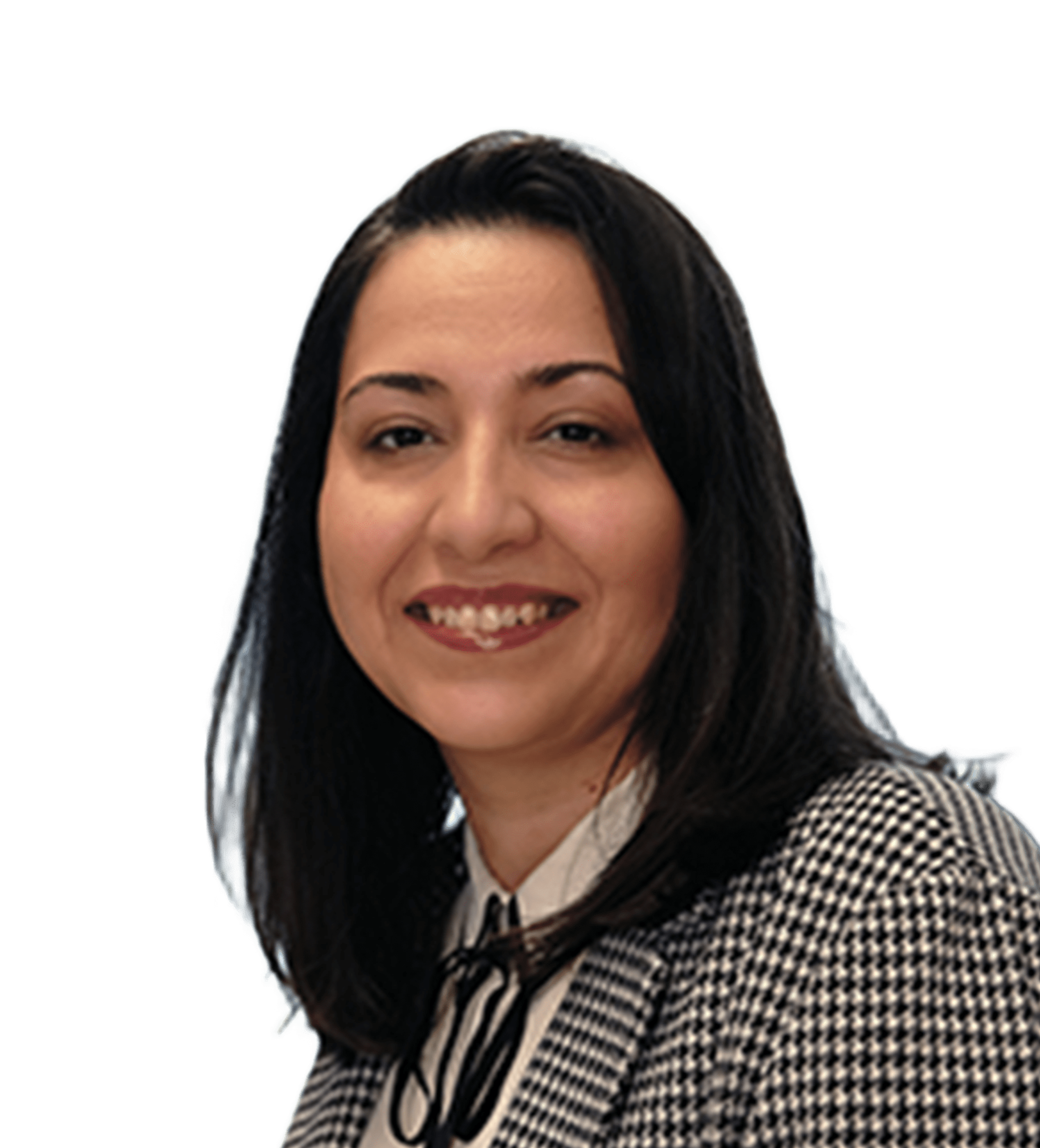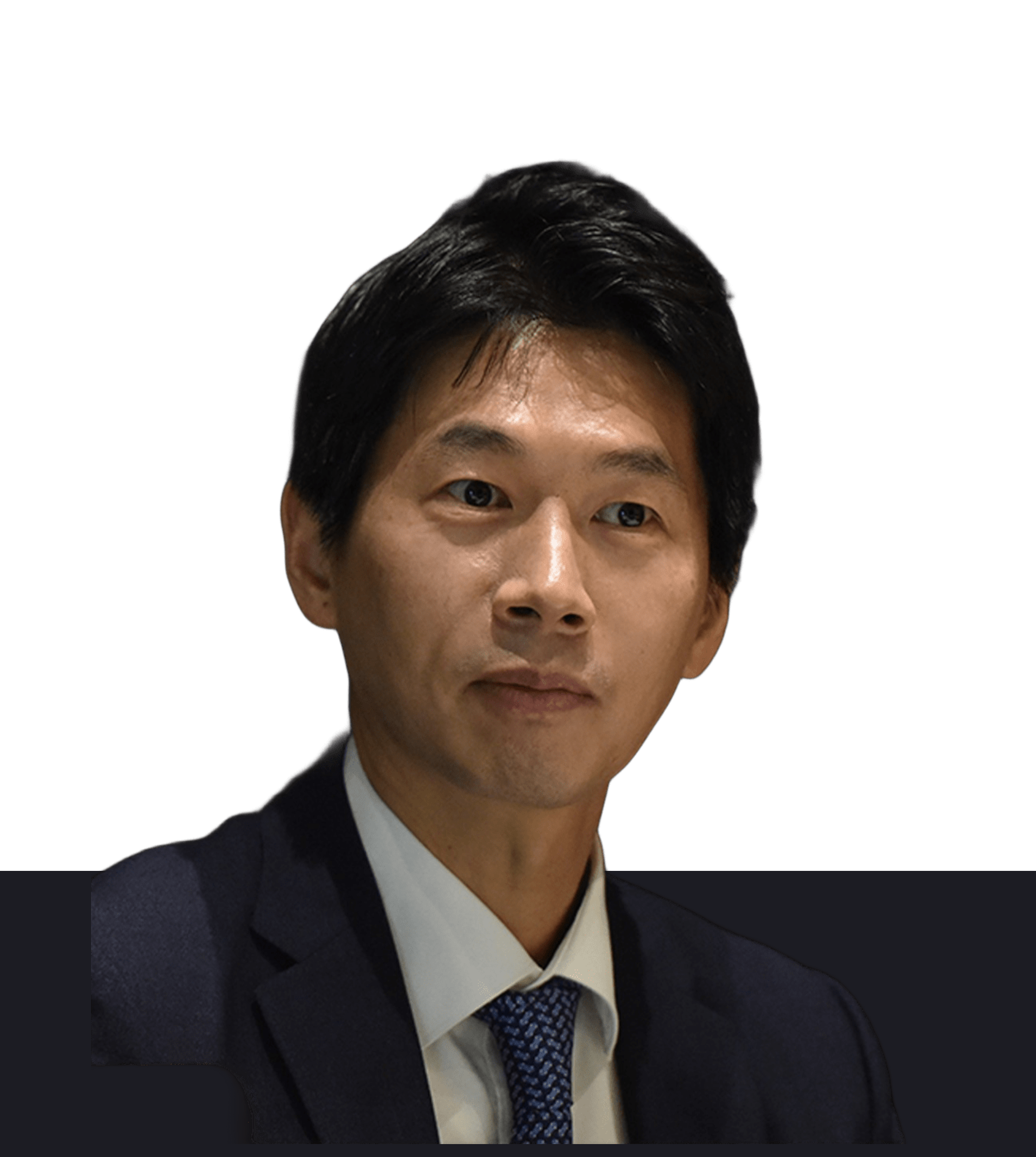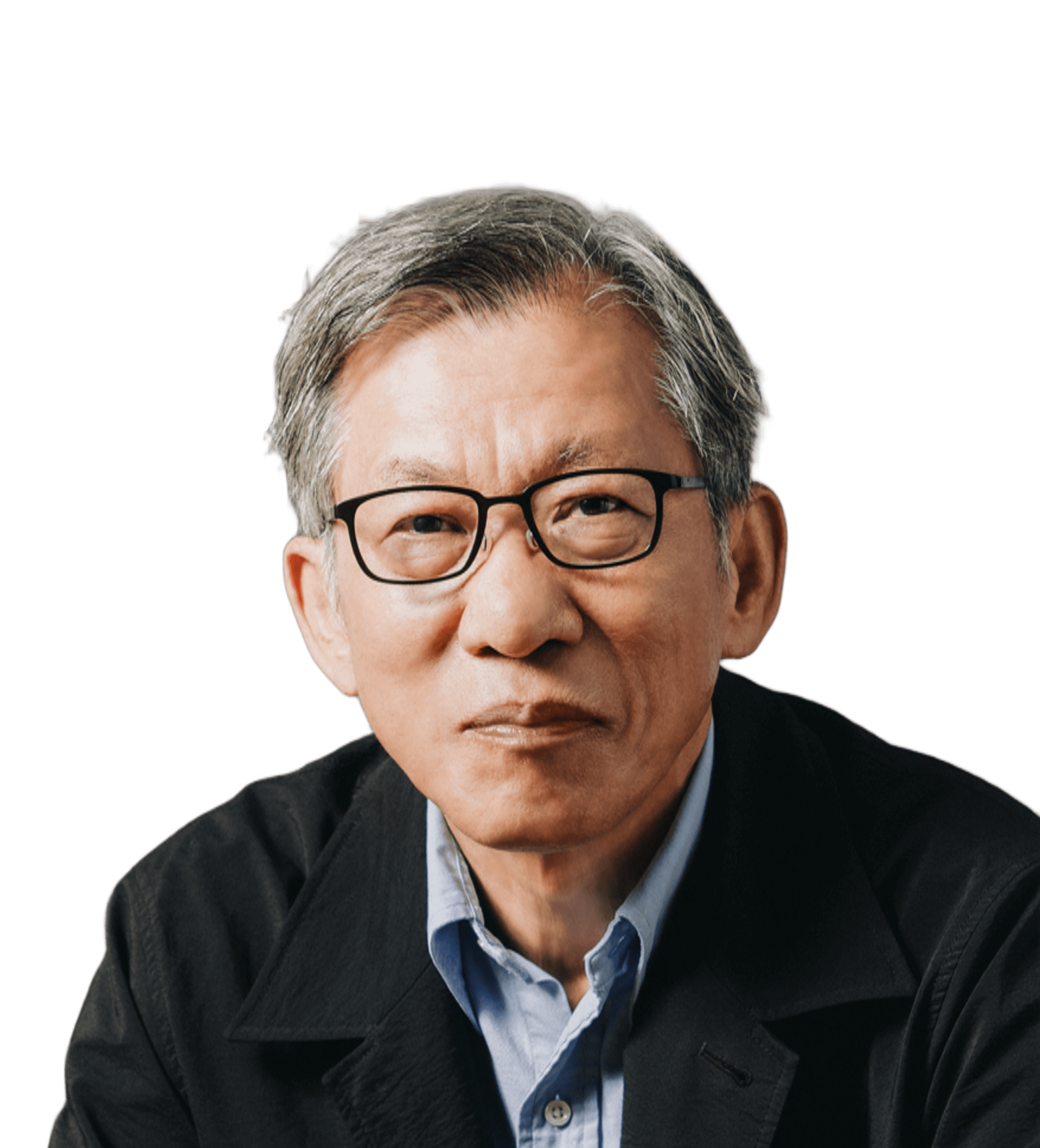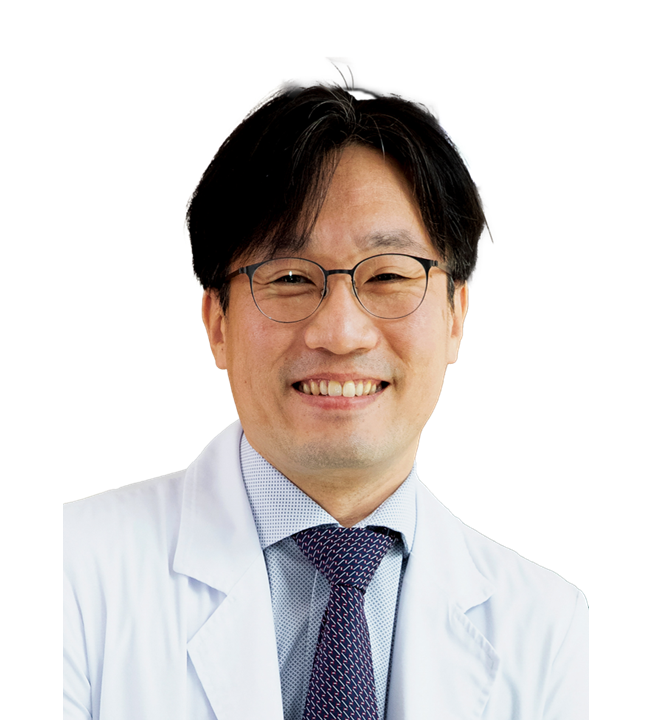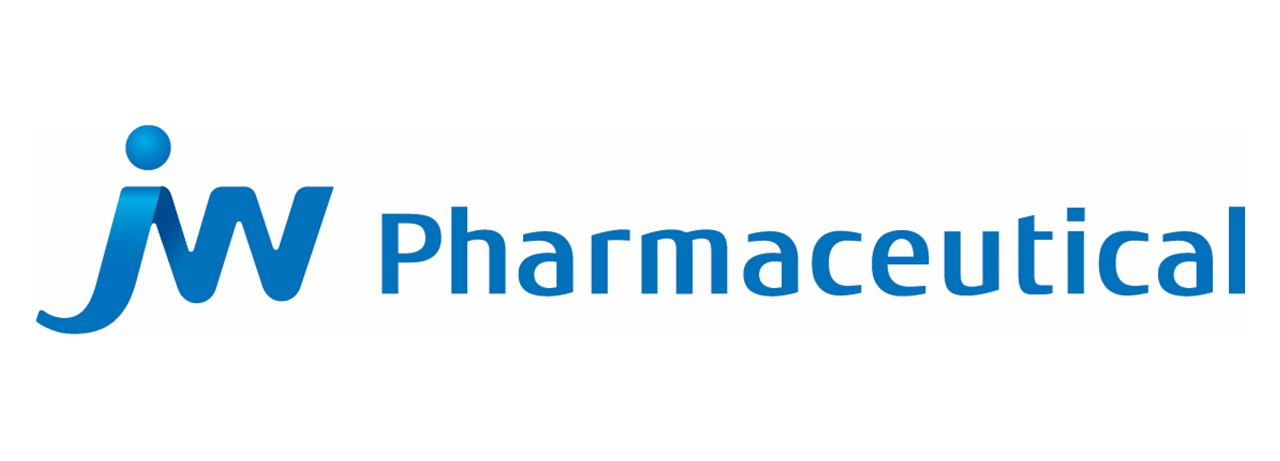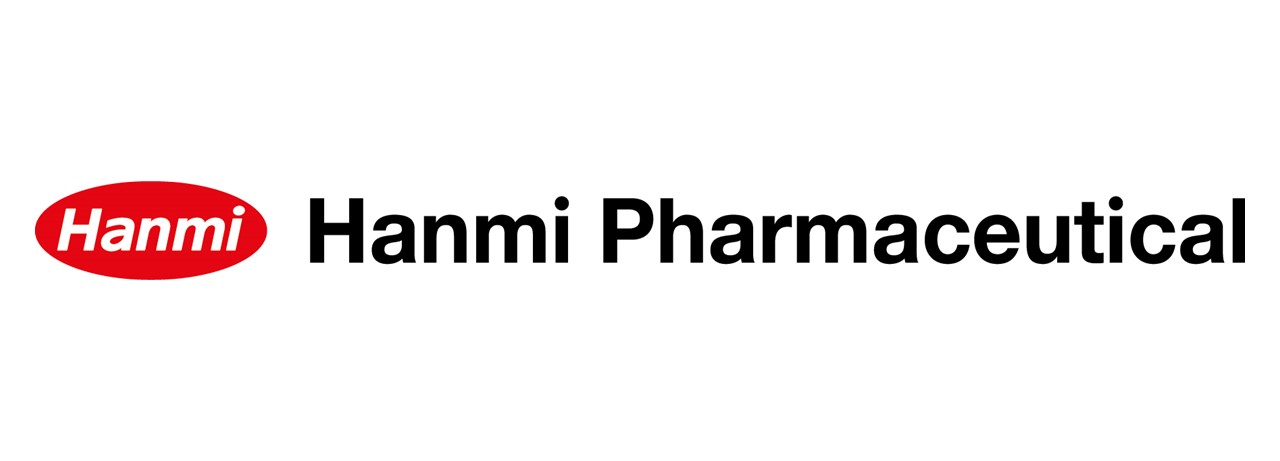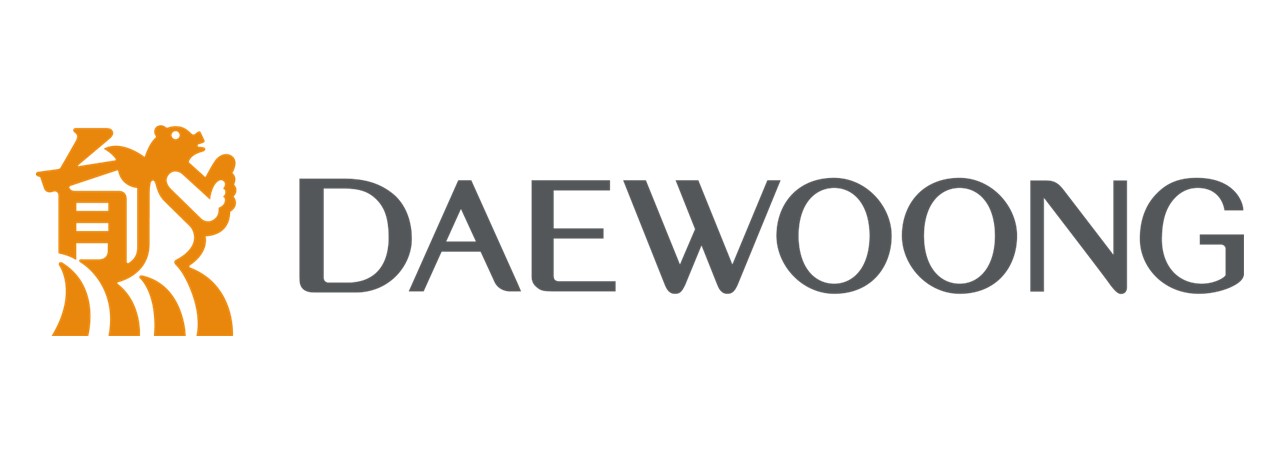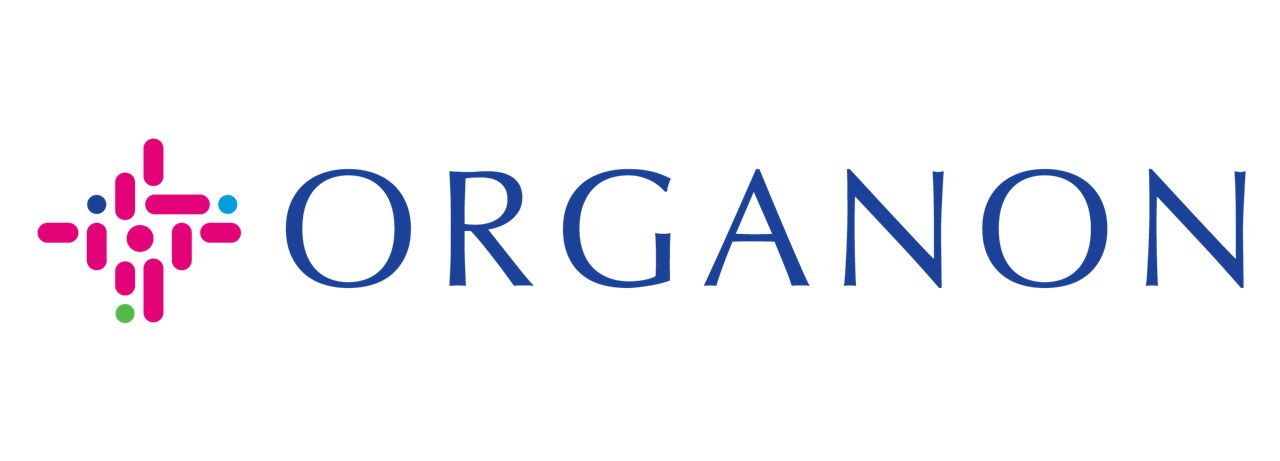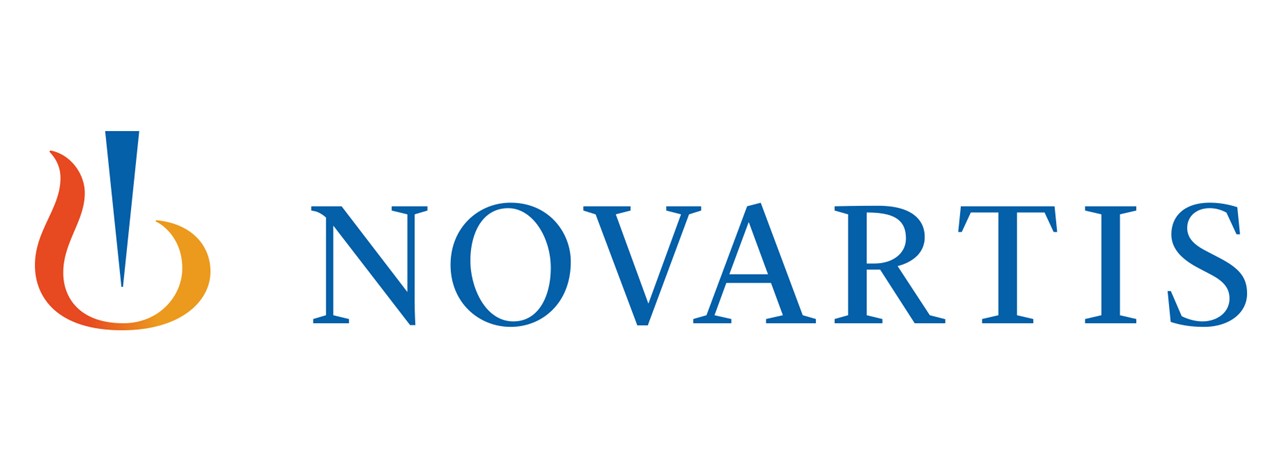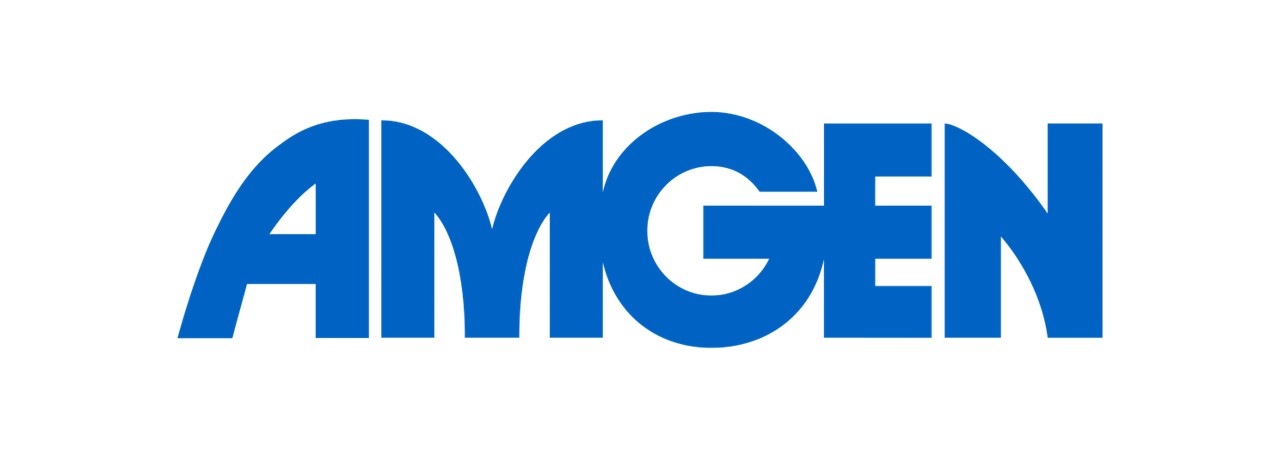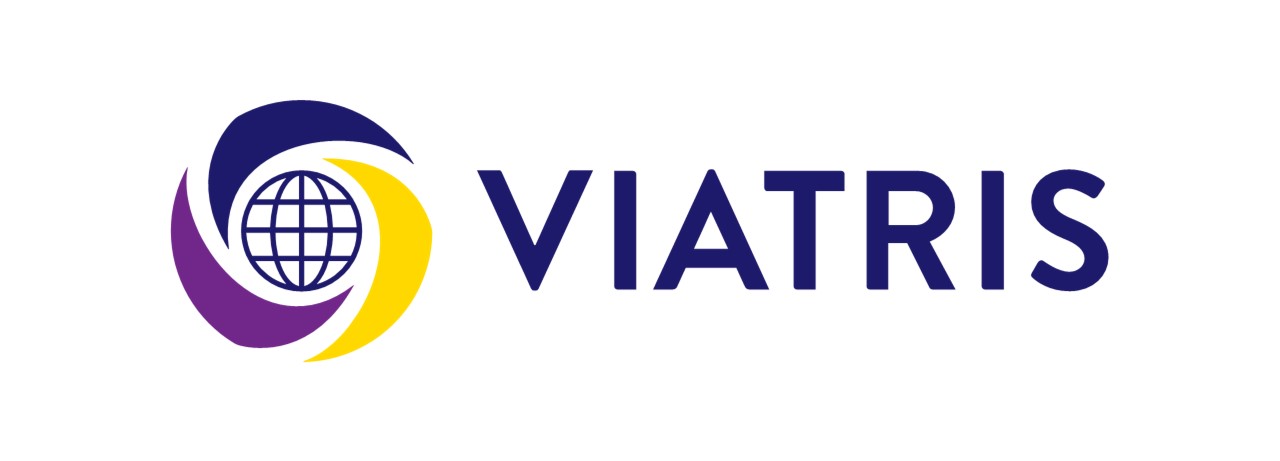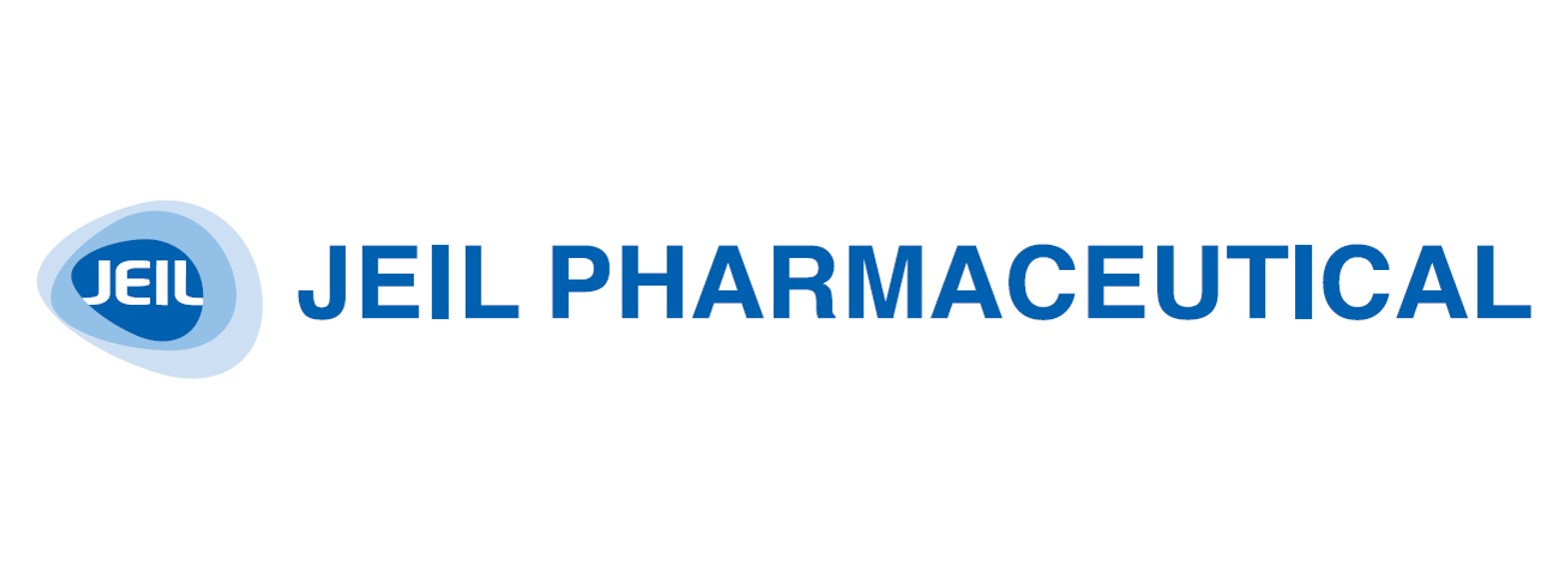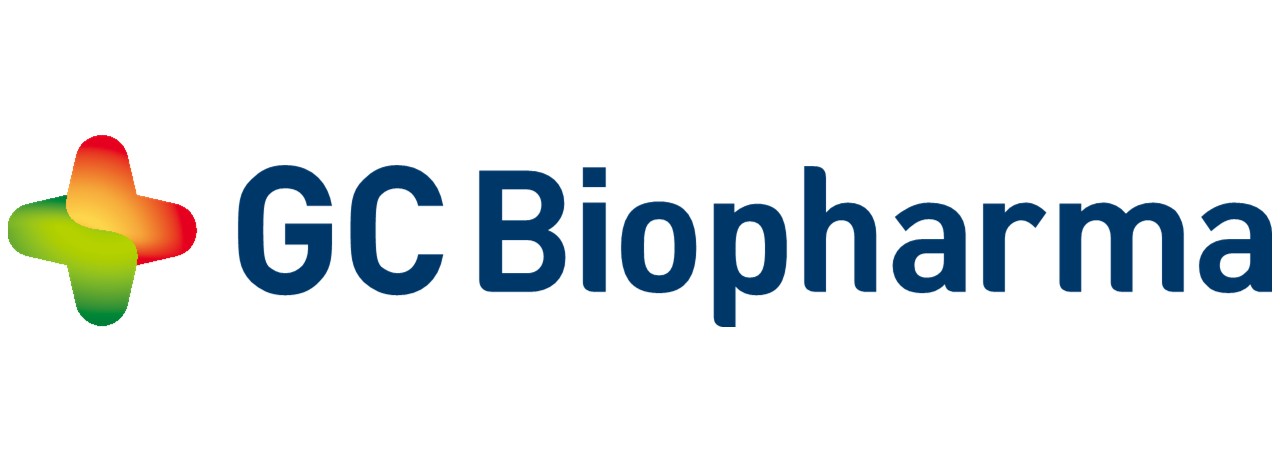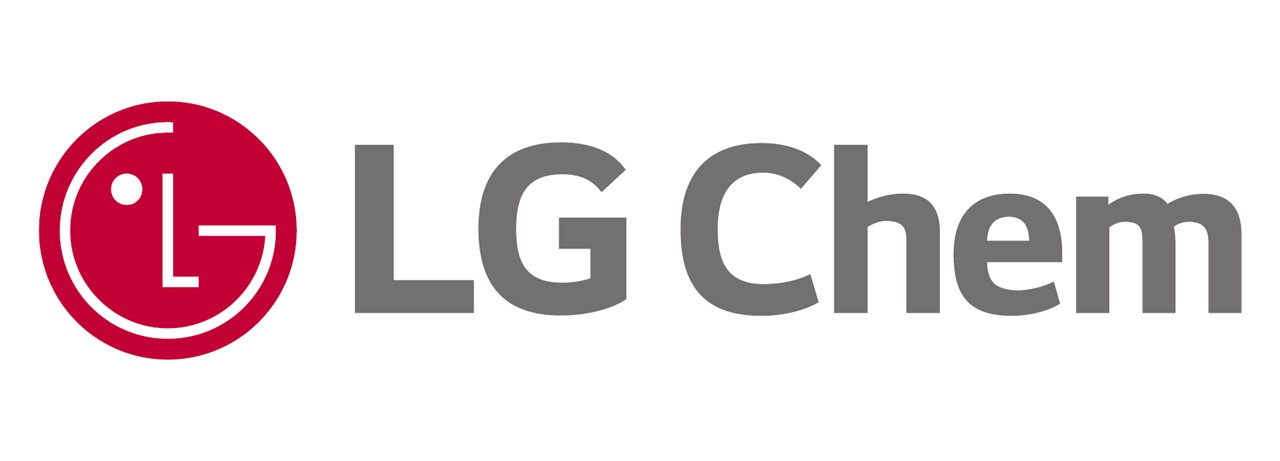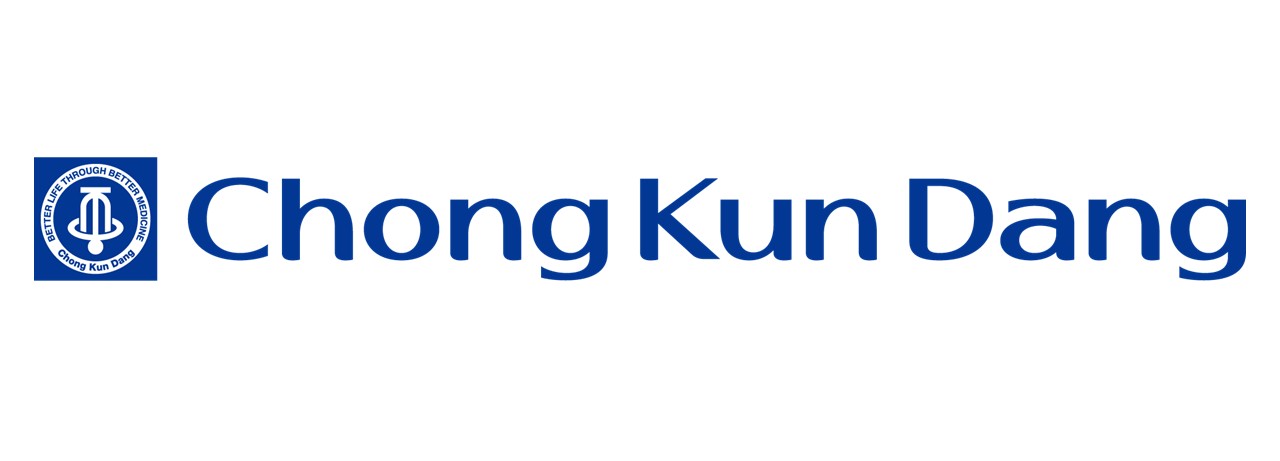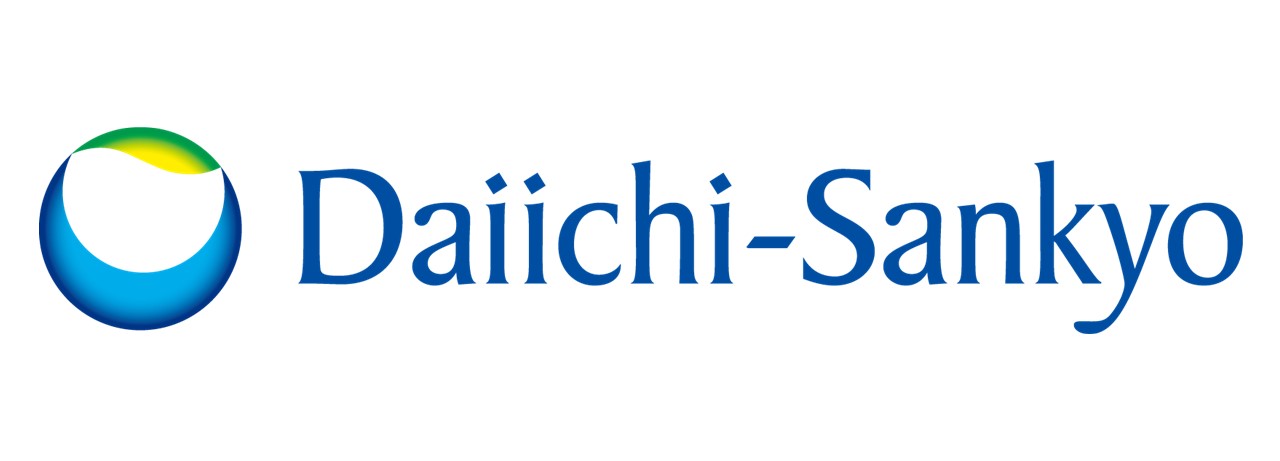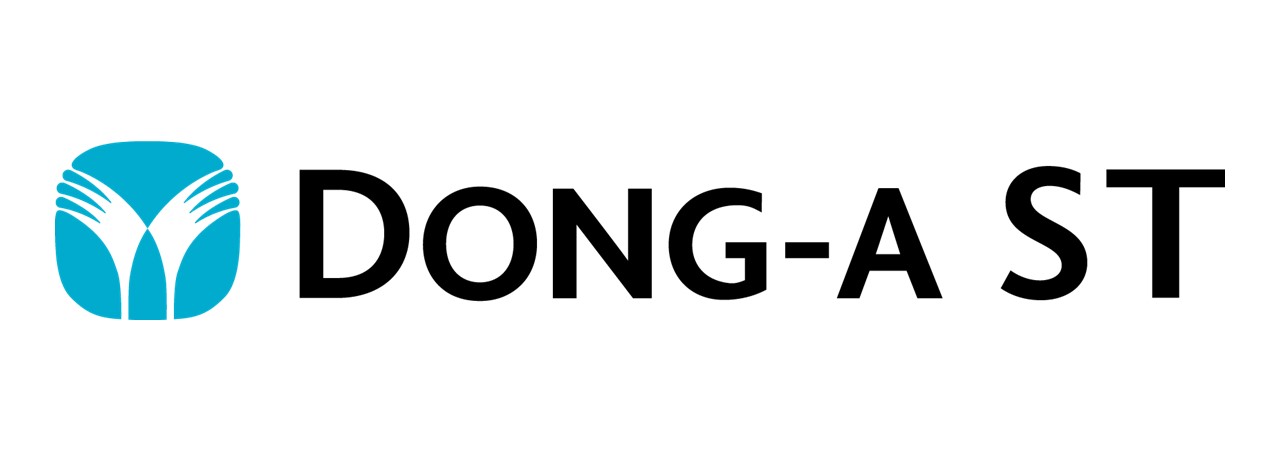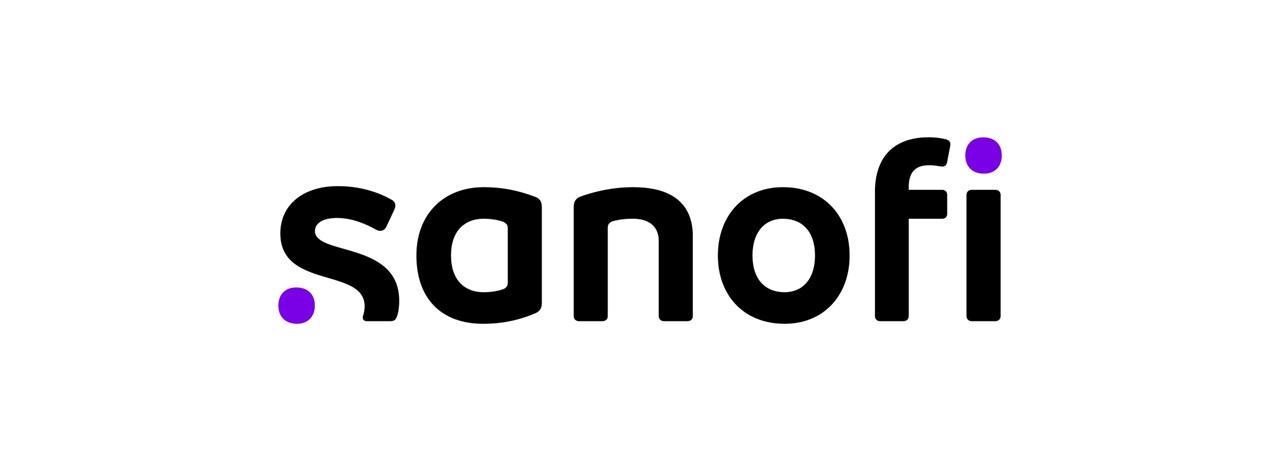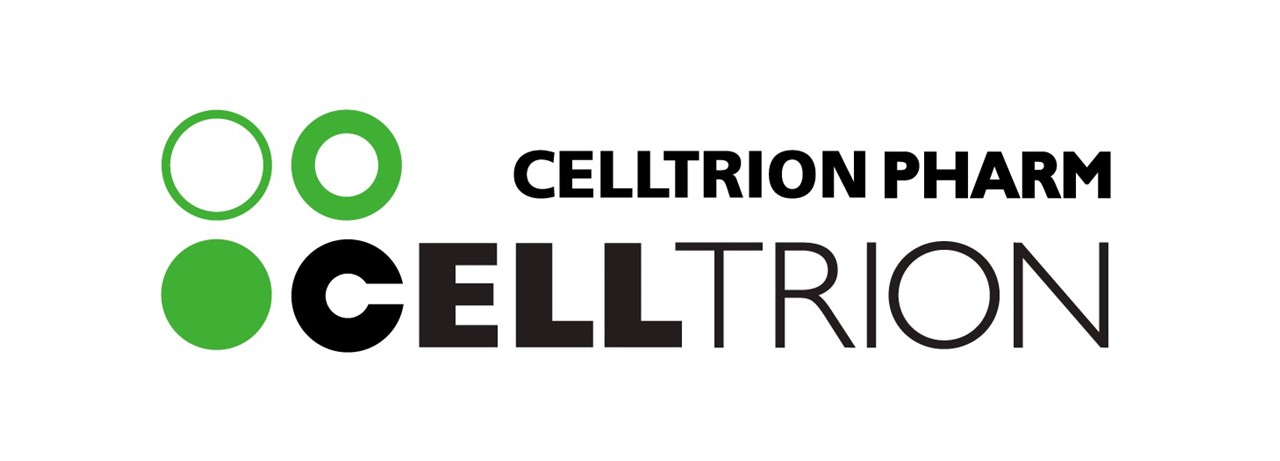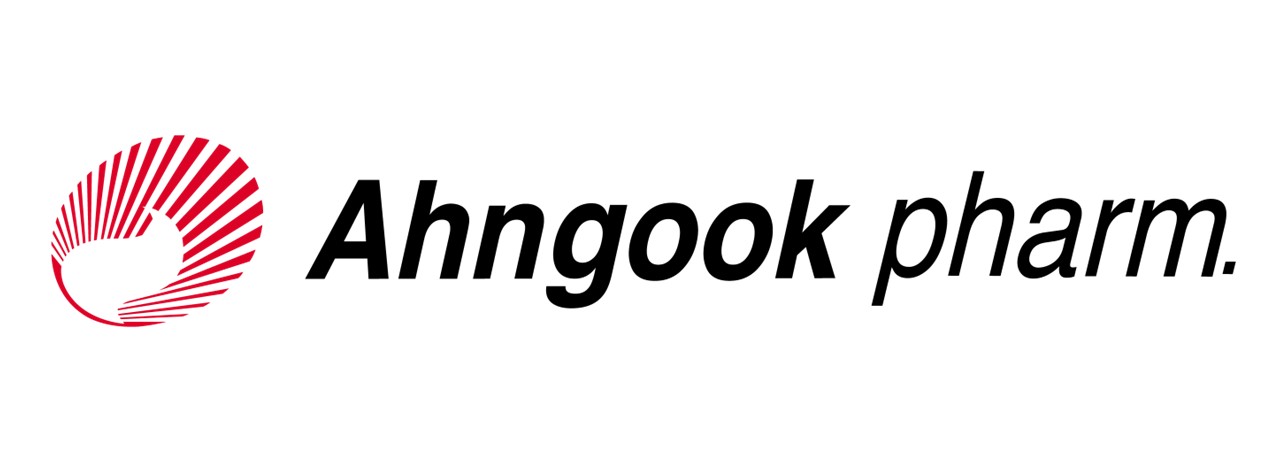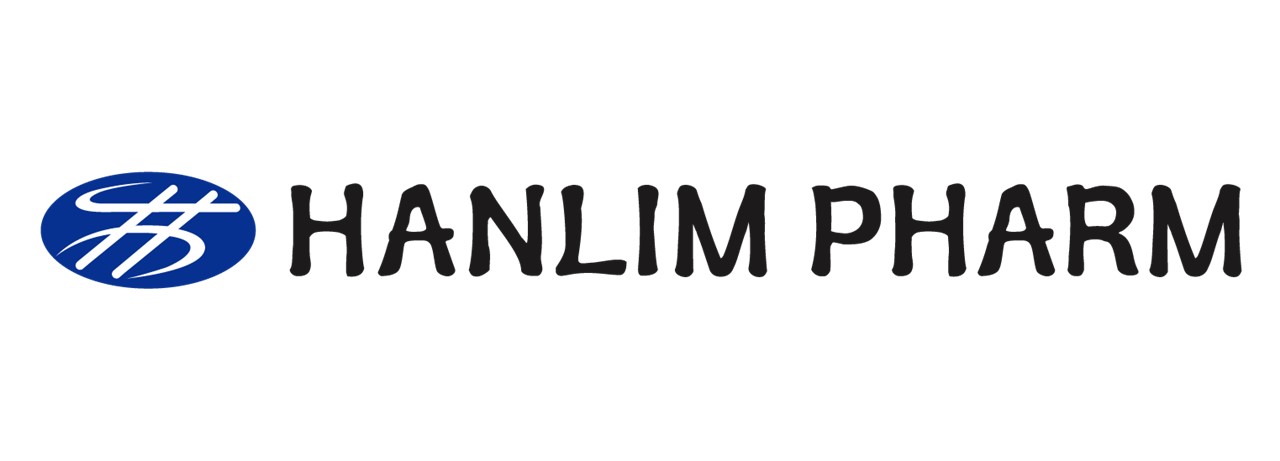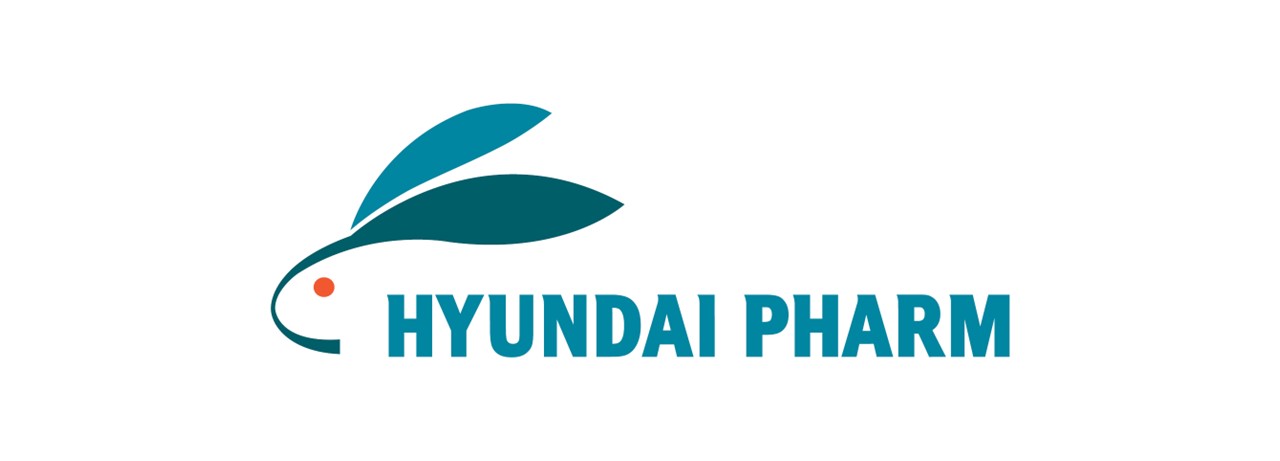Management of Dyslipidemia: Current Perspectives and Future Directions in Korea
Chairperson(s) : 김상현 이사장 (한국지질동맥경화학회), 조연희 회장 (한국건강검진학회)
Panel(s) : 이창현 이사 (한국건강검진학회), 이금숙 특임이사 (한국의학바이오기자협회), 곽경근 부회장 (대한내과의사회), 전하윤 사무관 (보건복지부)
-
인사말
박주민 위원장 국회 보건복지위원회 13:00~13:10 -
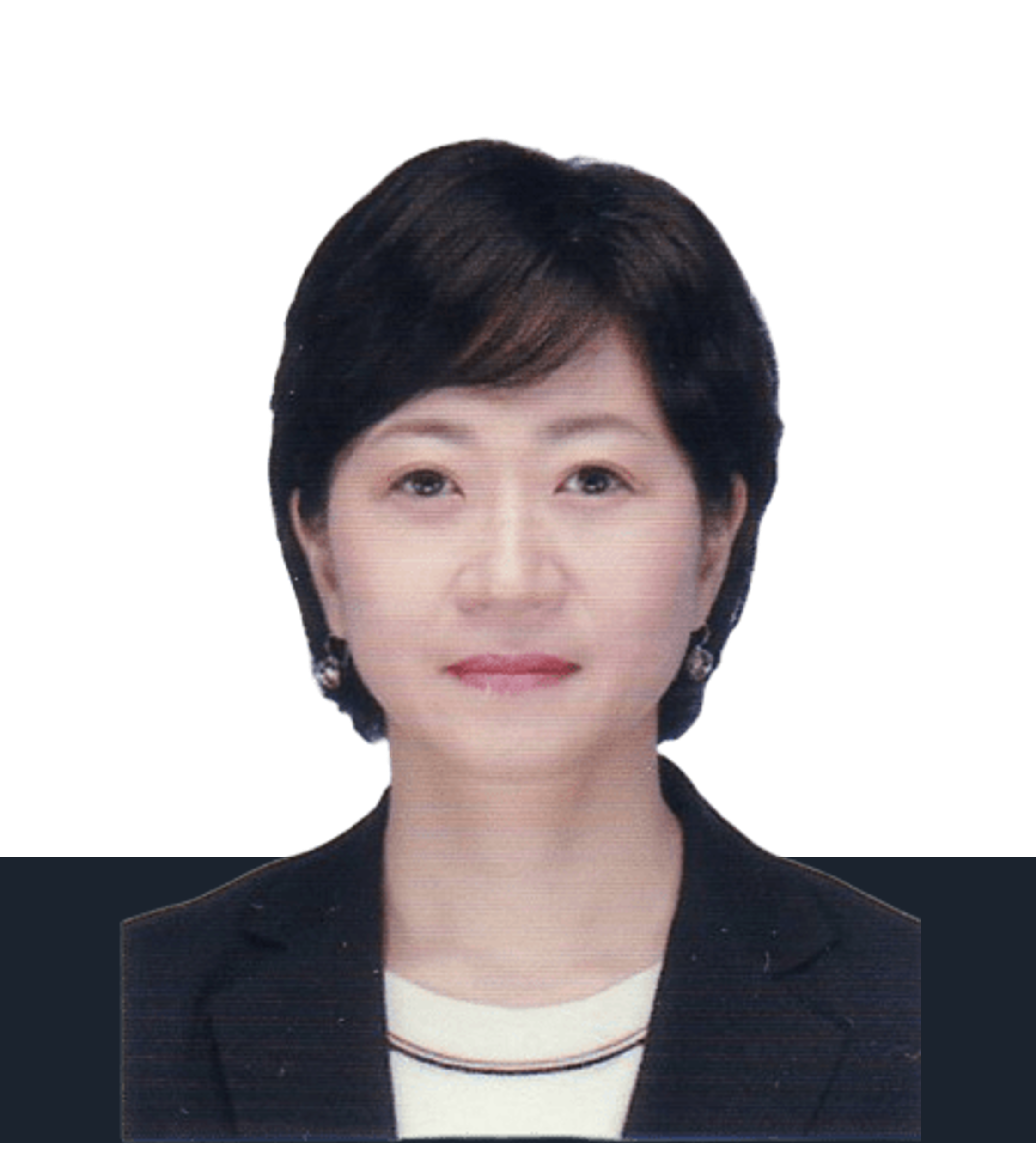
지질관리! 이상지질혈증 치료 현황과 급여 기준 현실화
정인경 이사 한국지질·동맥경화학회 13:10~13:25 -
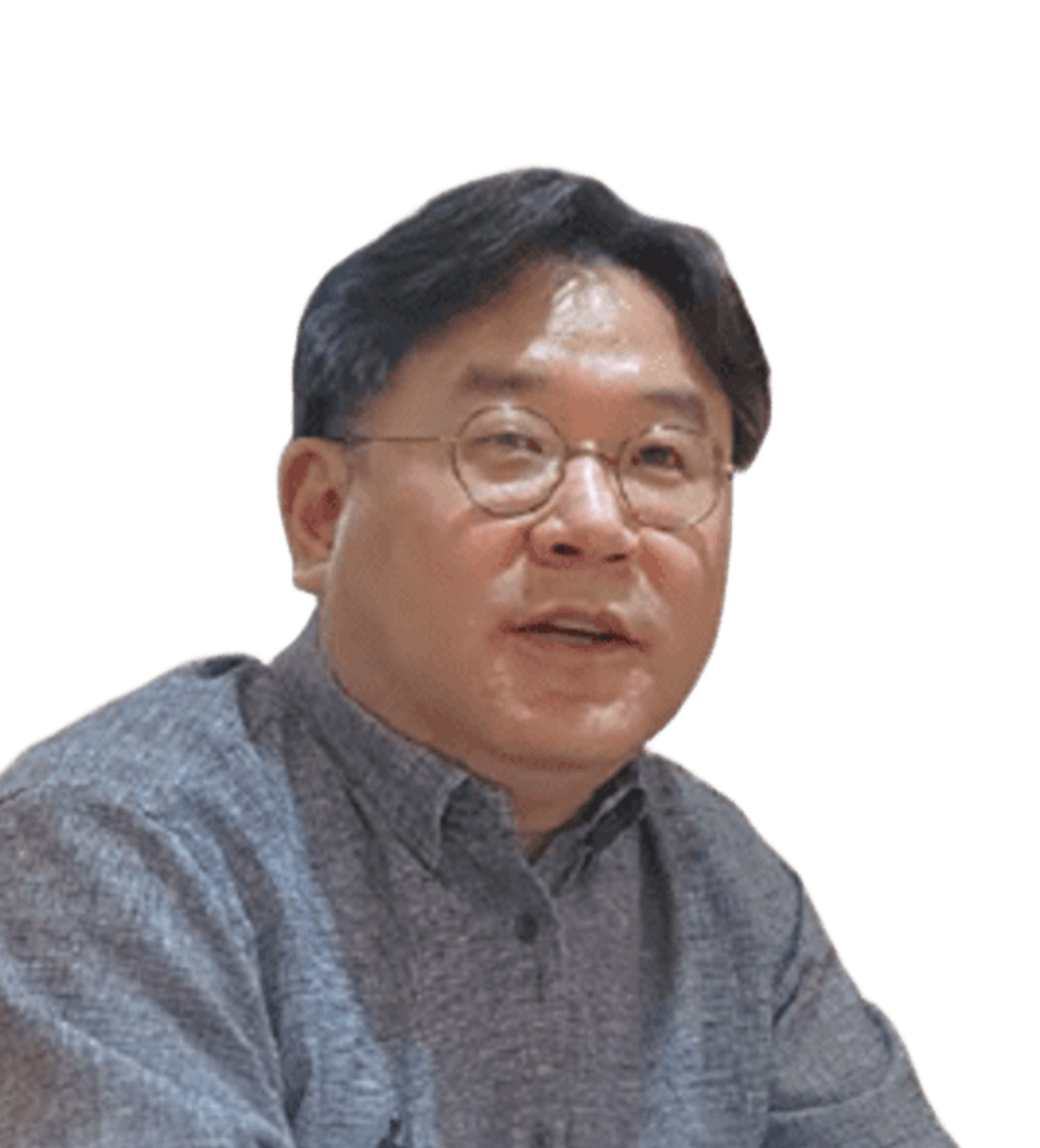
지질관리! 혈압, 혈당 관리를 넘어 - 만성질환 통합 관리와 이상지질혈증
백재욱 이사 대한가정의학과의사회 13:25~13:40 -

지질관리! 현장의 목소리 - 일차의료 현장의 현실과 지원방안에 대한 요구
이태인 이사 한국건강검진학회 13:40~13:55 -

지질관리! 더 빨리, 더 정확히 - 초고령화 시대, 더 오래 더 건강하기 위한 조기검진과 치료의 중요성
김은지 교수 가천의대 예방의학과 13:55~14:10 - 패널토의 및 기자질의 14:10~14:30
Chairperson(s) : Hyun Kook (Chonnam National University, Republic of Korea), Kyung Woo Park (Seoul National University, Republic of Korea)
-
ApoA1 and HDL selectively protect the heart during doxorubicin chemotherapy via hepatic SR-B1
Jeong-Ah Yoo McMaster University, Hamilton, Ontario, Canada 14:40~14:50 -
Lipid profiling of plasma extracellular vesicles from adiponectin deficient mice reveals pro-oxidative and pro-inflammatory lipid signatures driving metabolic dysfunction
Sungji Cho York University, Canada 14:50~15:00 -
Atherosclerosis associated with HIV - is it a result of treatment or inmflammation?
Nuriyat Efendieva Pirogov Russian National Research Medical University, Russia Federation 15:00~15:10 -
Anti-atherosclerotic effect of thymol extract via regulating inflammation and oxidative stress and EGFR/PI3K/Akt/GSK-3β pathway in rats
Niti Singh CSVTU, Bhilai, India 15:10~15:20 -
PCSK9 deficiency promotes ANP-mediated protection against post-infarction cardiac inflammation
NaHyeon Yoon Ewha Womans University, Republic of Korea 15:20~15:30 -
Targeting LGI3 attenuates atherosclerosis by modulating inflammatory responses and plaque development
Jing Jin Ewha Womans University, Republic of Korea 15:30~15:40 -
Proteomic profiling of inflammatory and non-lipid determinants of plaque instability in myocardial infarction
Monirujjaman Biswas Jawaharlal Nehru University, India 15:40~15:50 -
The role of NLRP3 inflammasome activation in atherosclerosis: a systematic review and meta-analysis
Alaa Ramadan South Valley University, Faculty of Medicine, Egypt 15:50~16:00
Chairperson(s) : Weon Kim (Kyung Hee University, Republic of Korea), Junghwan Park (Hanyang University, Republic of Korea)
Panel(s) : Kyung Woo Park (Seoul National University, Republic of Korea), Se-eun Park (Sungkyunkwan University, Republic of Korea), Jun-Hee Lee (Hallym University, Republic of Korea)
DetailInsulin resistance is a key pathophysiology underlying metabolic disorders and is closely associated with the development of atherosclerotic cardiovascular disease (ASCVD). The triglyceride-glucose (TyG) index is a novel and simple surrogate marker of insulin resistance, calculated using fasting triglyceride and glucose levels, and has demonstrated comparable accuracy to HOMA-IR. In this session, we will explore the clinical role of the TyG index based on recent national and international studies regarding its predictive value for ASCVD. Professor Patricio Lopez-Jaramillo from Universidad de Santander, Colombia, will present multinational data on the association between the TyG index and ASCVD. Professor Yong-Jae Lee from Yonsei University College of Medicine, Republic of Korea, will share findings from Korean data on the same topic. Finally, Professor Ki-Bum Won from Chung-Ang University College of Medicine, Republic of Korea, will offer a lecture on the relationship between the TyG index and coronary artery calcification.
-
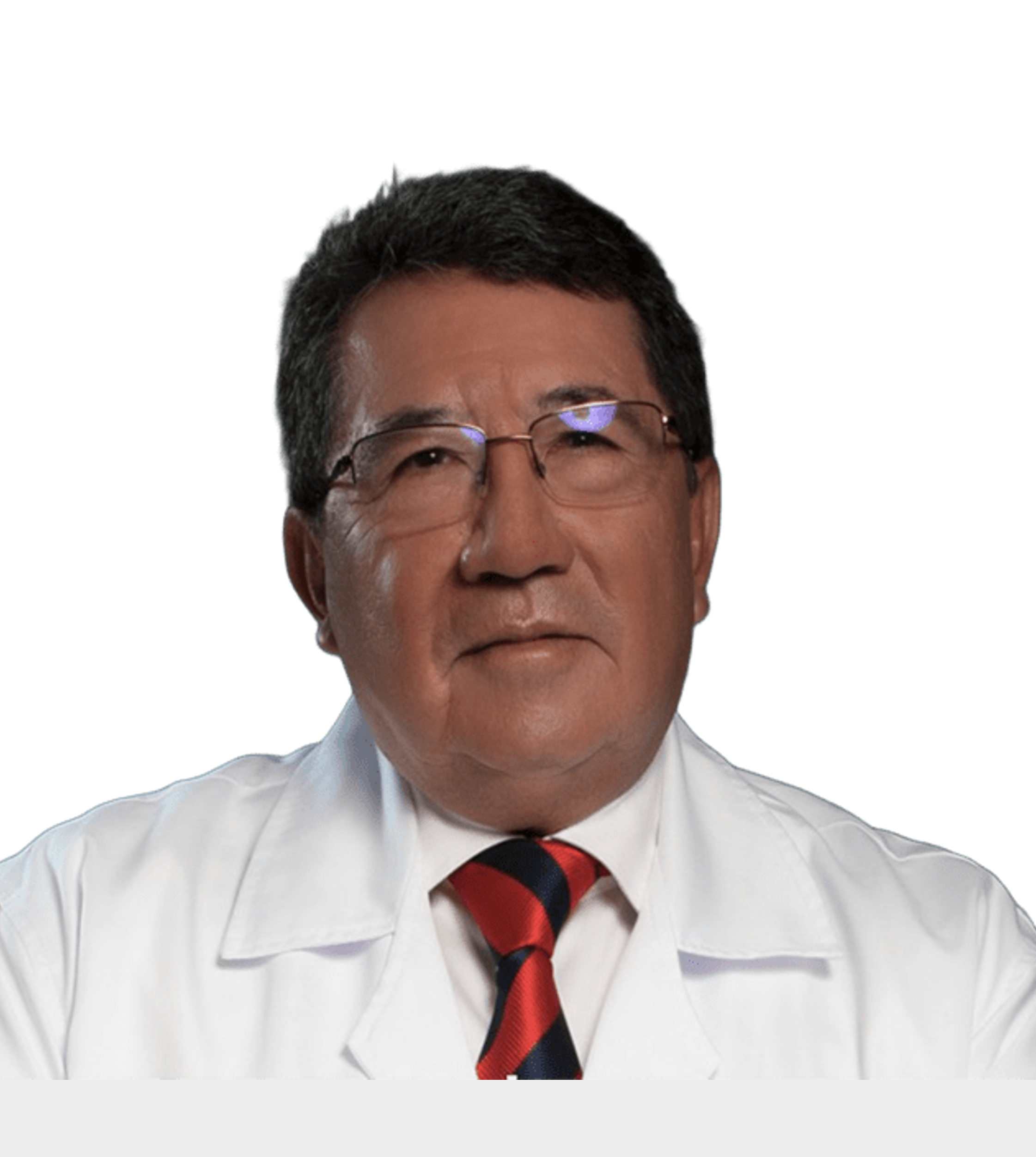
Prediction of ASCVD using the TyG index: insights from the multinational PURE registry
Patricio Lopez-Jaramillo Universidad de Santander, Colombia 16:20~16:40 -

Prediction of ASCVD using the TyG index: evidence from Korean data
Yong-Jae Lee Yonsei University, Republic of Korea 16:40~17:00 -

Prediction of coronary artery calcification progression using the TyG index
Ki-Bum Won Chung-Ang University, Republic of Korea 17:00~17:20 - Panel Discussion 17:20~17:50
Chairperson(s) : Sung Rae Kim (The Catholic University of Korea, Republic of Korea)
Panel(s) : So Hee Kwon (Soonchunhyang University, Republic of Korea), Woohyeun Kim (Hanyang University, Republic of Korea)
Chairperson(s) : Hyun Jae Kang (Seoul National University, Republic of Korea), Byung-Wan Lee (Yonsei University, Republic of Korea)
Panel(s) : Yoo-Wook Kwon (Seoul National University, Republic of Korea), Hee-Dong Kim (Soonchunhyang University, Republic of Korea), Young Shin Lee (Kyung Hee University, Republic of Korea)
DetailThis session, "Genetic Insights into Dyslipidemia and Diabetes: Pathways, Predictions, and Interventions," delves into the latest genetic advances impacting cardiovascular and metabolic diseases. Attendees will explore the evolving genetic landscape of cardiovascular disease (CVD) and diabetes, considering future implications for prediction and prevention. The second presentation examines the powers of multi-omics and multi-trait analyses in unraveling the complexity of metabolic disorders. Next, exciting developments in gene therapy for familial hypercholesterolemia will be showcased, highlighting cutting-edge interventions. The session concludes with an engaging discussion, fostering collaboration and reflection on how genetic research can translate into better clinical outcomes.
-

Exploring the genetic landscape of CVD and diabetes: finding and future implication
Soo Heon Kwak Seoul National University, Republic of Korea 08:30~08:50 -

Multi-omics and multi-trait analysis of metabolic disease
Hong Hee Won Sungkyunkwan University, Republic of Korea 08:50~09:10 -
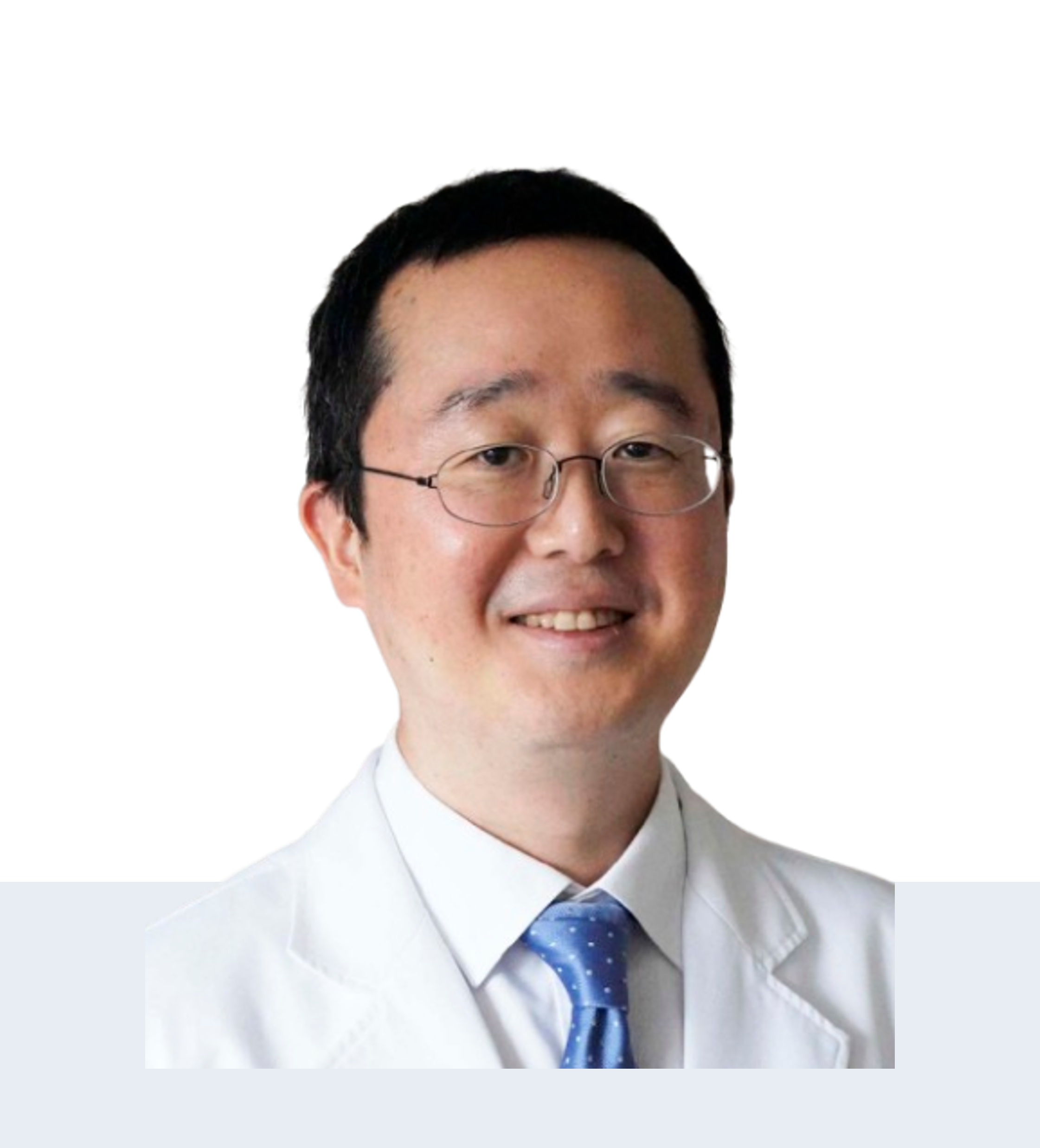
Gene-targeting therapy in familial hypercholesterolemia
Sang-Hak Lee Yonsei University, Republic of Korea 09:10~09:30 - Panel Discussion 09:30~10:00
Chairperson(s) : Sang-Hyun Kim (Seoul National University, Republic of Korea)
DetailProfessor Ioanna Gouni-Berthold is a distinguished Professor of Internal Medicine and Endocrinology at the University of Cologne, Germany, and a leading member of the Center for Endocrinology, Diabetes and Preventive Medicine at the University Hospital of Cologne. Her clinical and research expertise lies in lipid metabolism, dyslipidemia, cardiovascular risk management, and metabolic diseases. Professor Gouni-Berthold has contributed extensively to the field through numerous publications in high-impact journals and active involvement in international clinical trials and guideline development committees. At ICoLA 2025, she has been invited as a Plenary Lecturer to present on the topic: “Advances in lipid-lowering therapy: shaping the future of cardiovascular prevention.” In this lecture, Professor Gouni-Berthold will discuss the most recent advances in lipid-lowering therapies, highlighting their mechanisms of action, clinical trial data, and potential to reshape current paradigms in cardiovascular prevention.
Chairperson(s) : Sung Rae Kim (The Catholic University of Korea, Republic of Korea)
DetailProfessor Ki-Hyun Jeon from Seoul National University, Republic of Korea, is a leading expert in digital health and medical informatics, with a particular focus on applying artificial intelligence to clinical data and research processes. He has recently garnered wide attention for pioneering the integration of generative AI tools such as ChatGPT into real-world medical research, manuscript drafting, and data interpretation workflows. In ICoLA 2025, Professor Jeon will deliver a Special Lecture titled “Integrating ChatGPT into medical and clinical research workflows.” This session will highlight practical use cases, emerging methodologies, and the potential impact of AI-powered tools on the future of evidence generation and scientific communication in medicine. His insights will be especially valuable for clinicians and researchers seeking to incorporate cutting-edge technology into their research environments.
Chairperson(s) : Young-Bae Park (Seoul National University, Republic of Korea)
Panel(s) : Ye An Kim (Veterans Health Service Medical Center, Republic of Korea), Hanbit Park (University of Ulsan, Republic of Korea)
Chairperson(s) : Ju Han Kim (Chonnam National University, Republic of Korea), Ung Kim (Yeungnam University, Republic of Korea)
-
Extracellular vesicles produced by IL4-polarized macrophages drive atherosclerosis stabilization by reprograming Ly-6Chi monocytes & enhancing efferocytosis
Martin Ng UCSF, NCIRE, United States 13:00~13:10 -
Alteration of lipid gene modulation and gut microbiota by gallic acid loaded liposomes in atherosclerosis in apolipoprotein-E deficient mice
Deepika Singh Shalom Institute of Health ana Allied Sciences, India 13:10~13:20 -
Candidates of STAT3-mediated miRNAs in LPS-induced mouse endothelium
Lan Phuong Phan Chungnam Natuinal University, Republic of Korea 13:20~13:30 -
KAI1 on perivascular cells: a key switch regulator of angiogenesis
Taehun Yoon Seoul National University, Republic of Korea 13:30~13:40 -
Distribution of LDL-cholesterol and its association with cardiovascular outcomes in young adults under 40 years: a nationwide cohort study
You-Bin Lee Samsung Medical Center, Sungkyunkwan University School of Medicine, Republic of Korea 13:40~13:50 -
Lipoprotein(a) variability and risk of major adverse cardiovascular event: insights from a real-world multicenter cohort
Mi-Na Kim Korea University Anam Hospital, Republic of Korea 13:50~14:00 -
Discontinuation and non-publication of atherosclerosis clinical studies: a cross-sectional analysis
Yousef Radwan Alnomani Benha University, Faculty of Medicine, Egypt 14:00~14:10 -
Association between dietary antioxidant intake and cardiovascular diseases risk factors in Singapore individuals with eczema
Liang Yuxin National University of Singapore, Singapore 14:10~14:20
Chairperson(s) : Ick-Mo Chung (Ewha Womans University, Republic of Korea)
DetailIn this lecture, Dr. Ljubica Matic will present on “Multi-omics data integration from patients with carotid stenosis illuminates key molecular signatures of atherosclerotic instability,” introducing the current applications of various omics technologies in understanding the complex biological mechanisms underlying vascular diseases. Through integrated analysis of genomic, transcriptomic, proteomic, metabolomic, and epigenomic data, she will demonstrate comprehensive methodological approaches for in-depth characterization of molecular pathways involved in major vascular conditions including atherosclerosis, hypertension, and vascular remodeling. Drawing from recent advances in transcriptomics and systems biology research, Dr. Matic will explain how multi-omics approaches serve as critical bridges in translational research between basic science discoveries and clinical applications. This presentation will share cutting-edge research findings on the identification of novel biomarkers, regulatory network analysis, and therapeutic target discovery related to vascular diseases, and will provide a platform for interdisciplinary collaboration and in-depth academic discourse in the field of vascular medicine.
Chairperson(s) : Ki Chul Sung (Sungkyunkwan University, Republic of Korea), Hack-Lyoung Kim (Seoul National University, Republic of Korea)
Panel(s) : Si-Hyuck Kang (Seoul National University, Republic of Korea), Yea Eun Kang (Chungnam National University, Republic of Korea), Joon Ho Moon (Seoul National University, Republic of Korea), Jung-Kyu Han (Seoul National University, Republic of Korea)
DetailThis session entitled “Emerging Drugs for Dyslipidemia Management” addresses innovative pharmacological strategies to tackle residual lipid risk that persists despite statin therapy. While LDL-C reduction remains the cornerstone of dyslipidemia management, a substantial number of patients continue to face elevated cardiovascular risk due to hypertriglyceridemia, elevated remnant cholesterol, or persistent atherogenic dyslipidemia. The first lecture will examine the real-world clinical applications of bempedoic acid and identify patient populations who may derive maximum therapeutic benefit. The second lecture will focus on APOC3 inhibition strategies for severe hypertriglyceridemia management, discussing clinical applicability in familial chylomicronemia syndrome and mixed dyslipidemia with supporting evidence from recent clinical trials. The final lecture will present the regulatory mechanisms of ANGPTL3 and ANGPTL8 in lipid metabolism and introduce the development status of next-generation therapeutic approaches targeting these pathways. Through this session, attendees will gain comprehensive insights into the latest paradigms in lipid-lowering therapy and future prospects for clinical implementation.
-

Bempedoic acid in real world practice, for whom?
Ioanna Gouni-Berthold University of Cologne, Germany 16:45~17:05 -
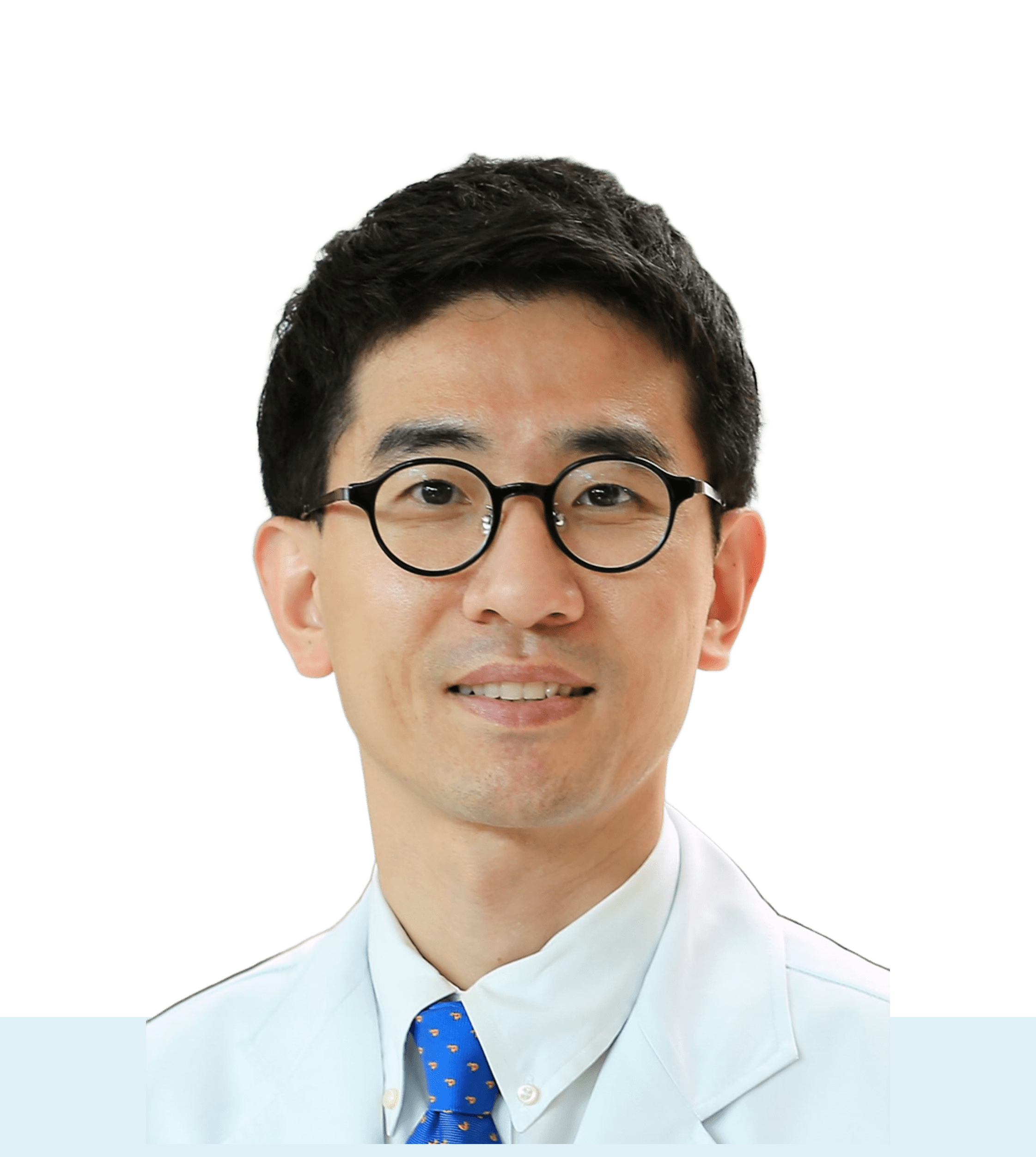
Targeting APOC3 for triglyceride management
Jin Wi Gachon University, Republic of Korea 17:05~17:25 -
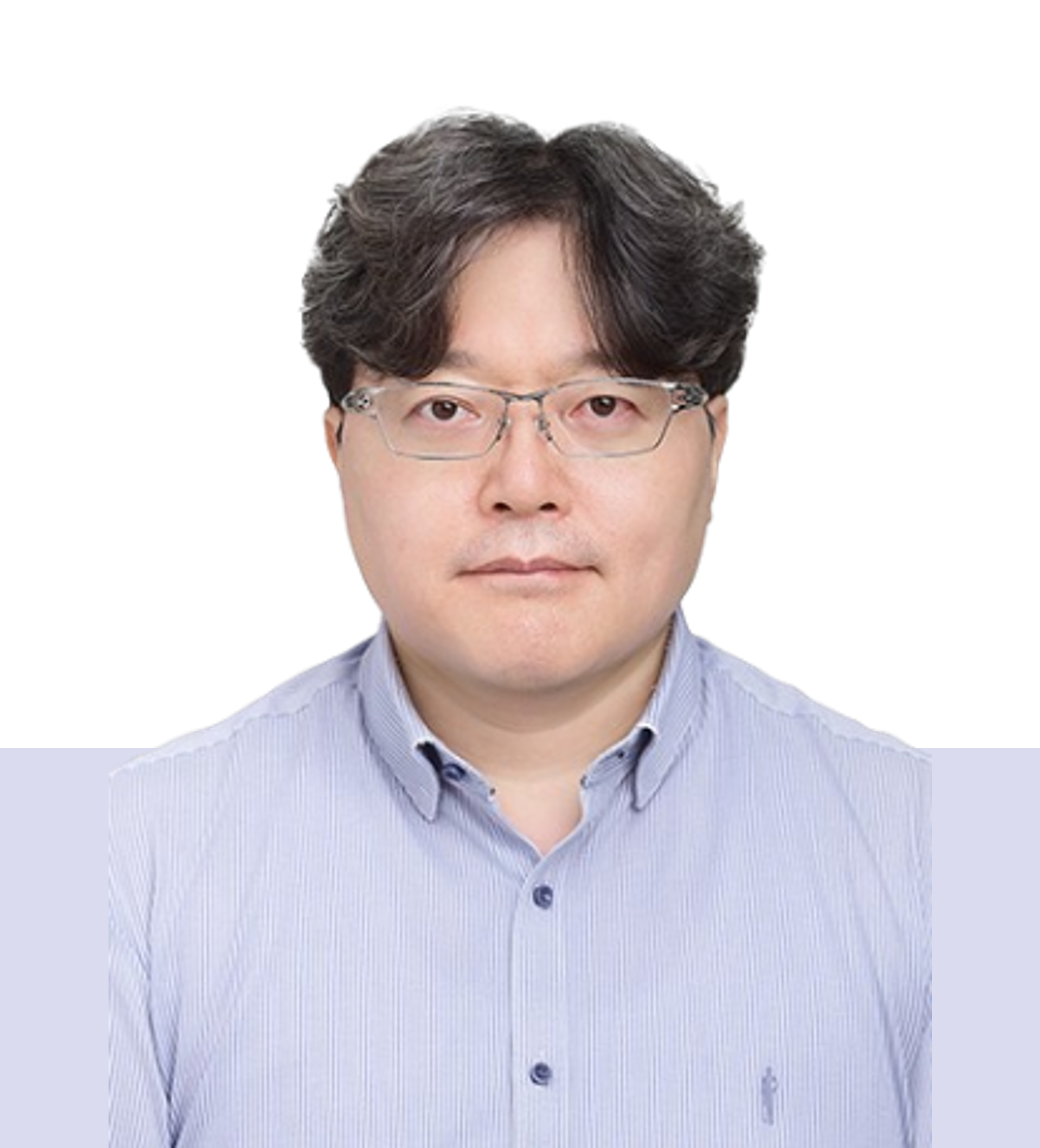
ANGPTL3 and ANGPTL8 inhibition: novel strategies to combat atherogenic dyslipidemia
Janghoon Lee Kyungpook National University, Republic of Korea 17:25~17:45 - Panel Discussion 17:45~18:15
Chairperson(s) : Jeong Euy Park (Drs Park & Kim Heart and Lung International Clinic, Republic of Korea)
Panel(s) : In Tae Moon (Eulji University, Republic of Korea), Eunshil Hong (National Medical Center, Republic of Korea)
Chairperson(s) : Dae Jung Kim (Ajou University, Republic of Korea), Soo Lim (Seoul National University, Republic of Korea)
-
Statin use and site-specific cancer risk: a nationwide cohort study using Korean health insurance data
Yun Kyung Cho Asan Medical Center, University of Ulsan College of Medicine, Republic of Korea 08:50~09:00 -
Association between circulating trimethylamine N-oxide levels and carotid perivascular fat density in acute ischemic stroke patients
Eung-Joon Lee Seoul National University Hospital, Republic of Korea 09:00~09:10 -
The relationship of inflammatory markers with the development of coronary artery calcification: a multicenter, longitudinal cohort study
Kyung An Kim Incheon St. Mary\'s Hospital, Republic of Korea 09:10~09:20 -
Saffron as a natural statin alternative: in silico modulation of MMP-9 and TIMP-1 for plaque stability
Iman Nabilah Abd Rahim Universiti Teknologi MARA, Malaysia 09:20~09:30 -
Comparative outcomes of moderate-intensity statin with ezetimibe vs high-intensity statin therapy: a retrospective observational cohort study
Junpil Yun Seuol National University Hospital, Republic of Korea 09:30~09:40 -
Effectiveness and safety of very low-dose rosuvastatin-ezetimibe therapy in dyslipidemia: a multicenter prospective observational study
Sung A Bae Yongin Severance Hospital, Yonsei University College of Medicine, Republic of Korea 09:40~09:50 -
Clinical outcomes of high intensity lipid lowering agents for patients after complex PCI
Youngkwan Kim Seoul National University Hospital, Republic of Korea 09:50~10:00 -
Effect of omega-3 fatty acid supplementation on liver function and lipid profile in tobacco Users: a randomized placebo-controlled trial
Anjali Singh King Georges Medical University, India 10:00~10:10 -
Metabolomic patterns of dietary protein intake and their link to cardiometabolic risk: a systematic review and meta-analysis
Nicole Min Yee Wong National University of Singapore, Singapore 10:10~10:20
Chairperson(s) : Ki Hoon Han (University of Ulsan, Republic of Korea)
DetailProfessor Kausik Kumar Ray is a Professor of Public Health and Primary Care at Imperial College London and Honorary Consultant Cardiologist at Imperial College NHS Trust. He is the Immediate Past President of the European Atherosclerosis Society and the Chair of the World Heart Federation Cholesterol Roadmap Committee. As a globally recognized expert in clinical trials and epidemiological research, his work has been cited over 178,000 times worldwide. In this plenary lecture titled “Cholesterol lowering throughout the life-course to prevent atherosclerotic cardiovascular disease-a pragmatic population health approach,” Professor Ray will highlight the importance of lipid management across the entire life course. The session will explore evidence-based strategies for the prevention of atherosclerotic cardiovascular disease (ASCVD), emphasizing a pragmatic and population-wide approach to cholesterol reduction.
Chairperson(s) : Byung-Chul Oh (Gachon University, Republic of Korea)
DetailIn Keynote Lecture 2, Professor Jacob Fog Bentzon from Aarhus University, Denmark, will present his latest findings on “The role of smooth muscle cells in atherosclerotic plaque progression.” As a global authority in experimental atherosclerosis research, Professor Bentzon leads a team focused on uncovering the cellular mechanisms of atherosclerosis and identifying novel therapeutic targets. This lecture will explore the heterogeneity and phenotypic modulation of smooth muscle cells within atherosclerotic plaques and their impact on plaque stability and cardiovascular events. Bridging fundamental science and clinical relevance, this keynote will provide critical insights for those seeking to understand the pathobiology of atherosclerosis and to develop future treatment strategies.
Chairperson(s) : Kwang-Won Kim (Gachon University, Republic of Korea)
Panel(s) : Ji Yoon Kim (Sungkyunkwan University, Republic of Korea), Hyun Sung Joh (Seoul National University, Republic of Korea)
Chairperson(s) : Jae Hyoung Park (Korea University, Republic of Korea)
DetailProfessor Hong June Yoo, Endowed Director General, National Museum of Korea, Republic of Korea, is a leading scholar who has played a pivotal role in bringing Korean art history and garden culture to the public. In this special lecture, Professor Yoo will explore the aesthetic differences between Eastern and Western approaches to gardens, and introduce the uniquely nature-oriented philosophy embodied in traditional Korean gardens. This lecture offers a unique opportunity to reflect on how Korean gardens express a deep respect for nature and reveal a way of life that seeks harmony with the natural world.
Chairperson(s) : Ki Hoon Han (University of Ulsan, Republic of Korea), Sang-Hyun Kim (Seoul National University, Republic of Korea)
Chairperson(s) : Yong-Jae Kim (Kim's Neurology Clinic, Republic of Korea), Young Joon Hong (Chonnam National University, Republic of Korea)
Panel(s) : Sung Kee Ryu (Ewha Womans University, Republic of Korea), Bom Lee (CHA University, Republic of Korea), Seung-Hwan Lee (The Catholic University of Korea, Republic of Korea)
Detail“Dyslipidemia Management in Special Populations” explores lipid-lowering strategies tailored to unique clinical contexts. Professor Mina Kim (Korea University, Republic of Korea) will address dyslipidemia management in women before and after menopause, highlighting hormonal influences on cardiovascular risk. Professor Byung Sik Kim (Hanyang University, Republic of Korea) will discuss lipid management in patients with liver disease, focusing on the safe and effective use of statins in this vulnerable group. Finally, Professor Seonghoon Choi (Hallym University, Republic of Korea) will present on dyslipidemia in the setting of HIV infection and chronic inflammation, emphasizing pathophysiological mechanisms and therapeutic challenges. This session will provide practical insights into individualized dyslipidemia care for patients with complex comorbidities and diverse physiological backgrounds.
-

Managing dyslipidemia in women before and after menopause
Mi-Na Kim Korea University, Republic of Korea 16:20~16:40 -

Managing dyslipidemia in patients with liver disease
Byung Sik Kim Hanyang University, Republic of Korea 16:40~17:00 -
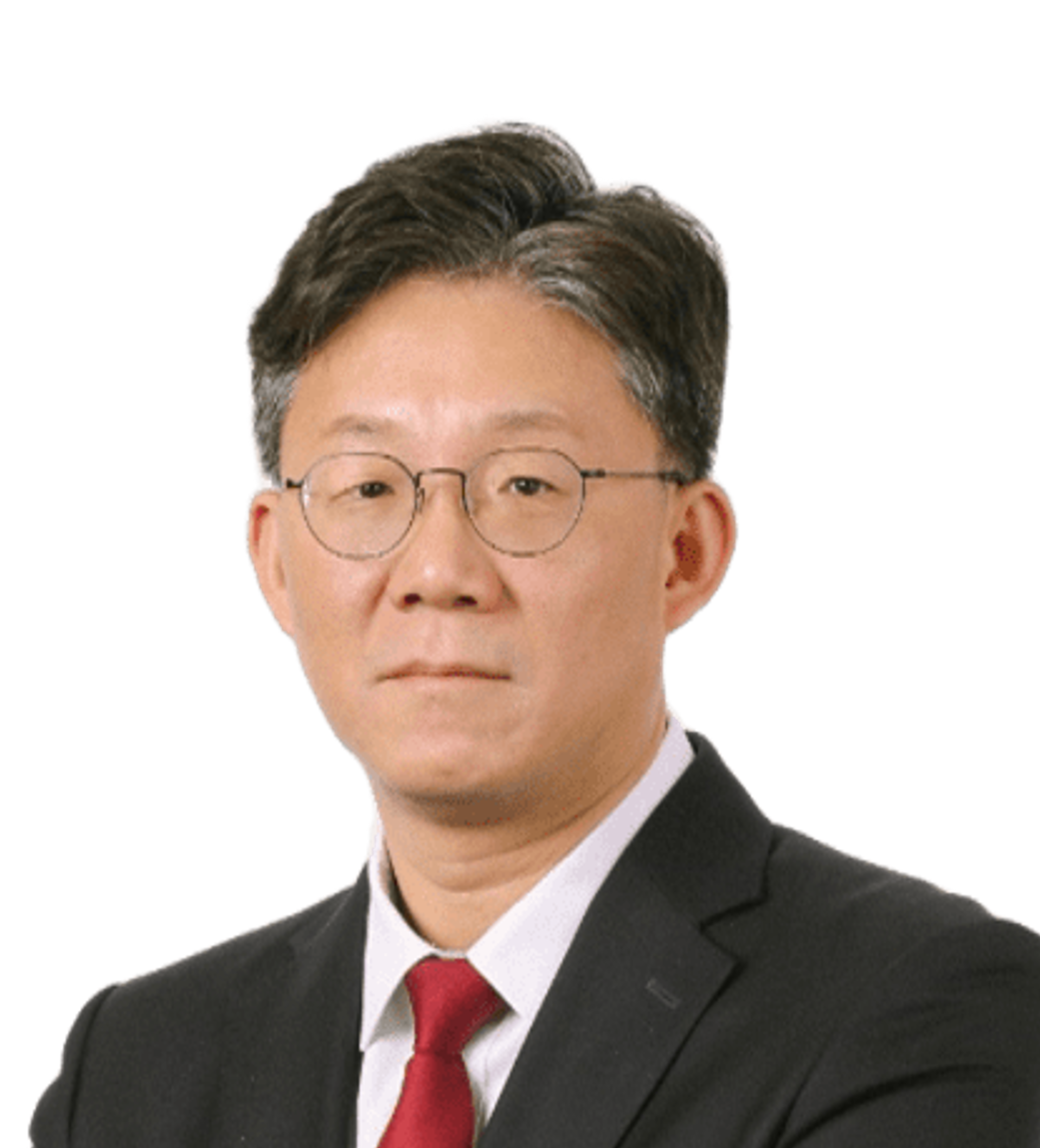
HIV, chronic inflammation, and dyslipidemia
Seonghoon Choi Hallym University, Republic of Korea 17:00~17:20 - Panel Discussion 17:20~17:50




